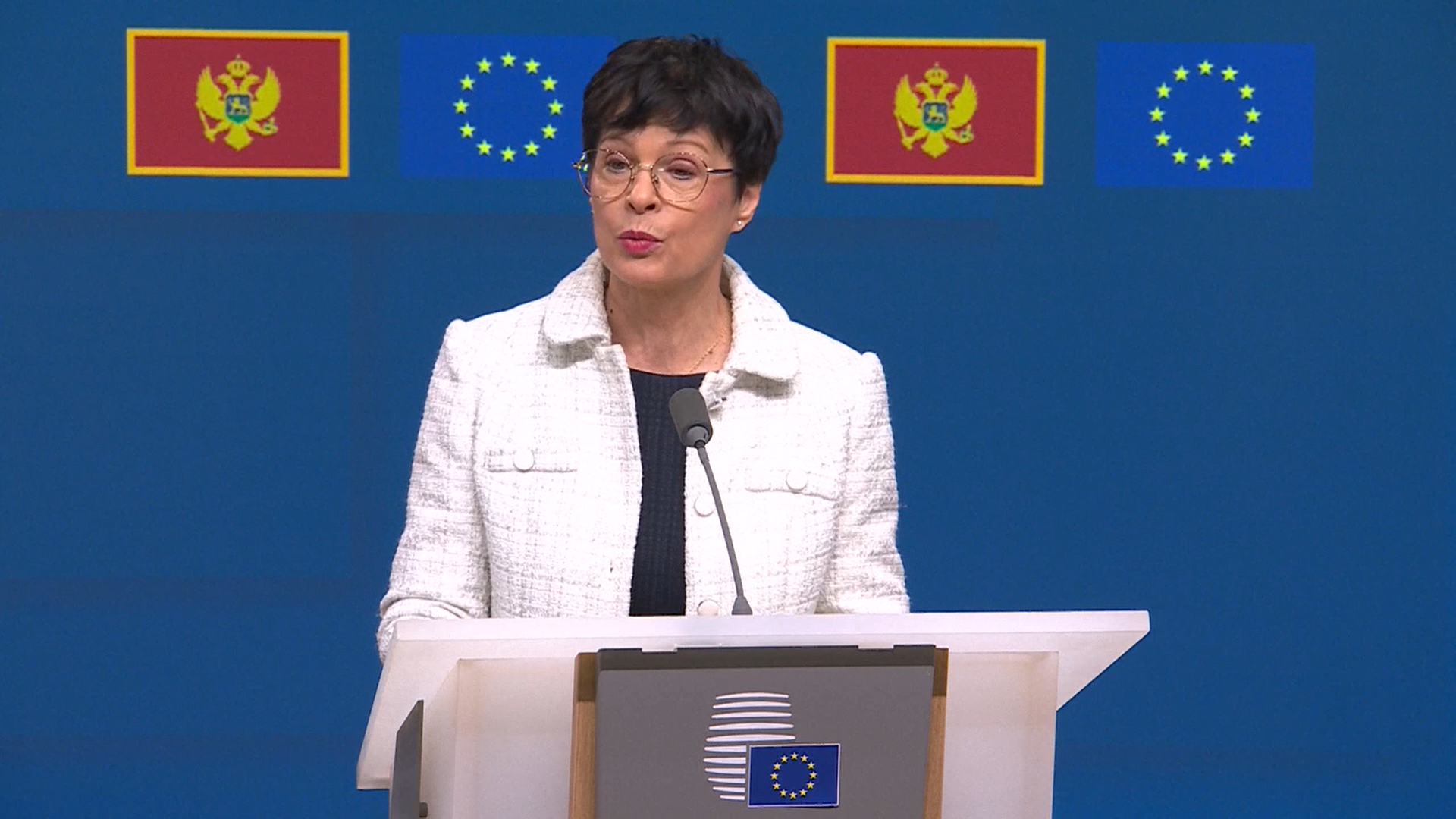UPDATE: A groundbreaking study has just confirmed a potential link between influenza, COVID-19 infections, and a significantly heightened risk of serious heart problems, including heart attacks and strokes. Researchers have found that contracting the flu or COVID-19 can increase these risks by as much as fivefold in the weeks following infection.
This alarming report, published by the American Heart Association, reveals that individuals suffering from laboratory-confirmed influenza face a 400% greater likelihood of heart attacks and a 500% higher risk of strokes within the month after their illness. Similarly, those infected with COVID-19 are three times more likely to experience a heart attack and strokes within 14 weeks after infection, with this increased risk lingering for up to a year.
Lead author Associate Professor Kosuke Kawai from the University of California stated, “Our study found acute and chronic viral infections are linked to both short- and long-term risks of cardiovascular disease, including strokes and heart attacks.” The analysis involved a comprehensive review of 155 academic papers focused on the connections between viral infections and cardiovascular risks.
The study highlights the importance of vaccination as a crucial tool in mitigating these dangers. With a focus on individuals with existing cardiovascular risk factors, health experts urge the public to consider flu and COVID-19 vaccinations seriously.
The research further indicates that chronic infections, such as those caused by HIV and hepatitis C, may also contribute to long-term cardiovascular risks. People living with HIV face a 60% higher risk of heart attacks and a 45% increased risk of strokes over an average period of more than five years.
Despite these findings, the researchers caution that their study is observational and acknowledges limitations inherent in the analysis. However, the implications are clear: the elevated risks associated with flu and COVID-19 infections are immediate and alarming.
Dr. Kawai emphasized, “The heightened short-term risk following influenza and COVID-19 is clinically significant.” With the flu season approaching, public health authorities such as the NHS are urging those at increased risk to get vaccinated as soon as possible.
As vaccination efforts ramp up, the urgency to address these cardiovascular risks has never been more critical. Protecting oneself against these viral infections can have lasting implications for heart health.
Stay informed and empower your loved ones to take action. This research not only underscores the impact of viral infections on heart health but also stresses the importance of proactive measures to safeguard against these life-threatening risks.
For ongoing updates, subscribe to our newsletters and stay connected to the latest health news.







